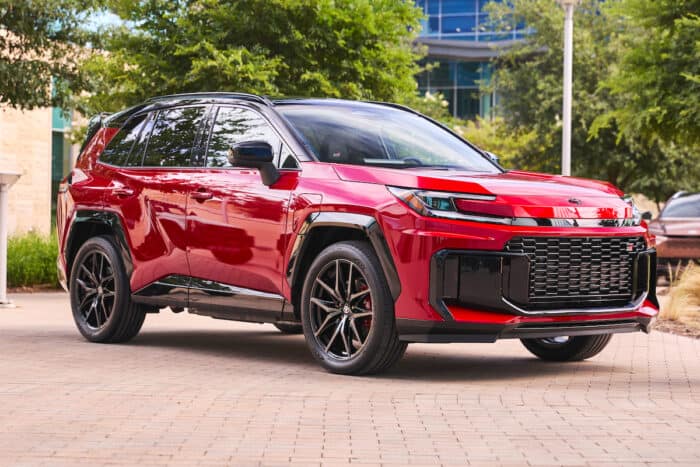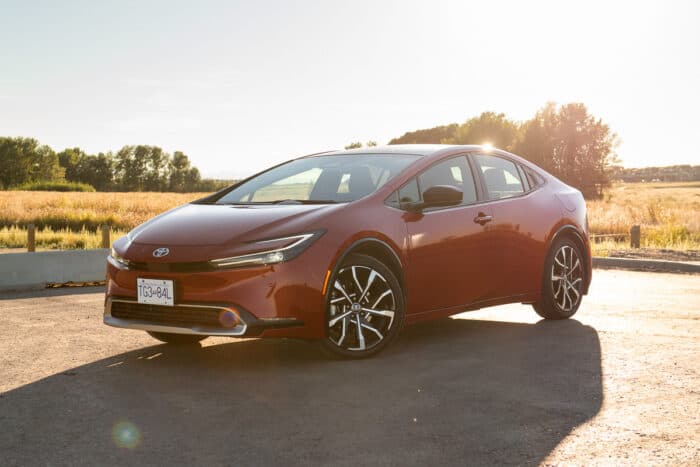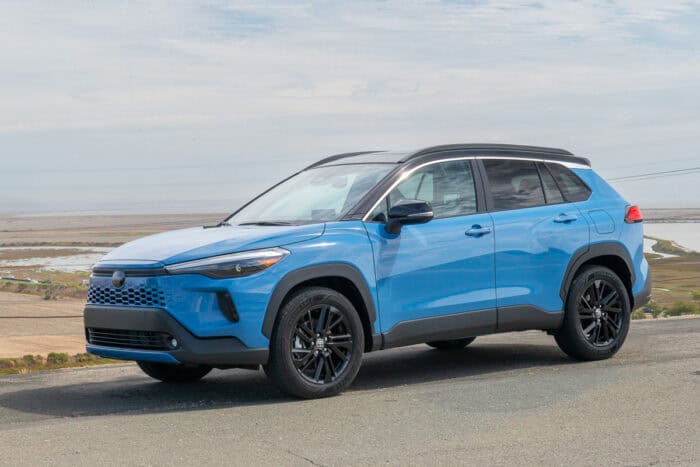While most automakers rushed headfirst into the EV race, Toyota stuck to its guns. The company doubled down on hybrids, a move many critics called cautious, even outdated. Fast forward to fall 2025, and that “slow and steady” play looks more like a masterclass in reading the market.
Toyota Motor North America just wrapped its third quarter with sales up nearly 16 percent compared to last year, delivering more than 629,000 vehicles. Even more impressive? Electrified vehicles (hybrids, plug-ins, and EVs) now make up almost half of everything Toyota and Lexus sell in the U.S. That’s 282,794 units in the last three months alone.
RAV4 Hybrid and Prius Lineup Leading the Charge

The big picture: Toyota’s hybrid strategy isn’t just surviving; it’s dominating. While many rivals scramble to move expensive EV inventory or scale back production, Toyota’s hybrids are flying off lots. Senior VP Andrew Gilleland says vehicles are “selling as fast as we build them,” with the RAV4 Hybrid and Prius lineup leading the charge. The next-gen RAV4 is on the horizon, but the current one is still a fan favorite, proof that familiarity and efficiency still sell.

Across both Toyota and Lexus brands, there are now 30 electrified models available; a lineup that stretches from budget-friendly Corollas to the high-end Lexus RX and TX hybrids. And unlike some competitors, Toyota’s keeping incentives low, signaling real demand rather than discounted desperation.
Toyota Hybrids Just Make More Sense

So what’s fueling the momentum? Flexibility. Toyota’s “multi-pathway” approach means offering drivers more than one road to electrification: hybrids, plug-ins, and EVs, depending on what actually fits their lifestyle. For most buyers, the hybrid sweet spot still makes the most sense: no range anxiety, great mileage, and lower cost of entry.
As the industry recalibrates from its all-in EV obsession, Toyota’s balanced approach is proving that the hybrid era isn’t over, it’s evolving. Betting on both sides of the powertrain war might just be Toyota’s smartest move yet.


